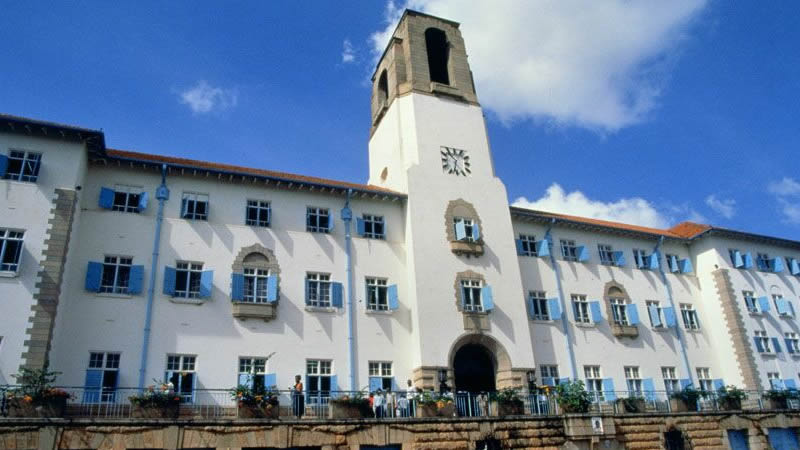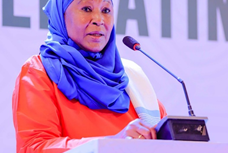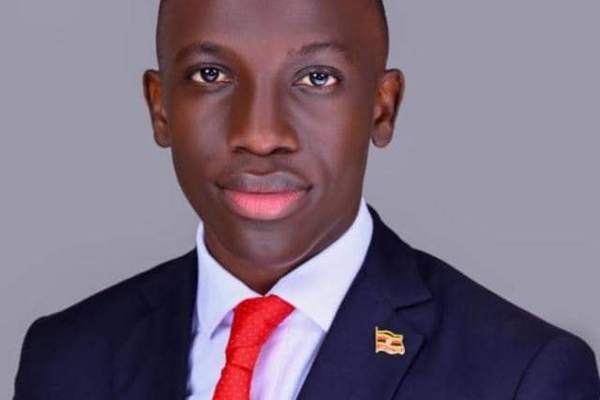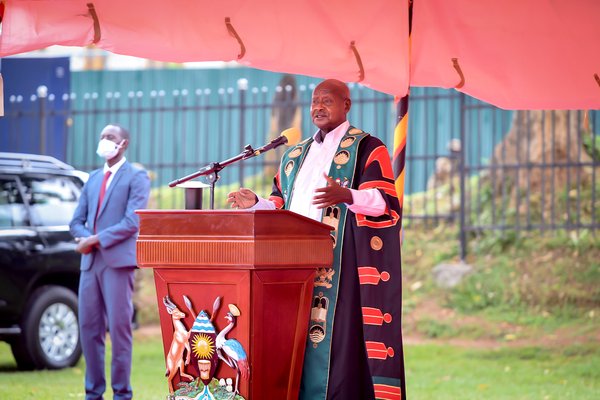By Claire Balungi
He seemed concerned that I was limping and offered to walk me back to my hostel. The 2017 Mak Run had just concluded in the Freedom Square when a kind male student, Joseph, saw me gasping for breath and dancing out of rhythm at the cheery music that runners were stretching to. He kindly asked to walk me back to my hostel in Kikumi-Kikumi and with his support, I managed to get up to my room where he kindly offered to massage my legs, only for my roommate to warn that massages were not advisable after a run. Whether or not that was true, I regretted not having prepared for the run. But how would I have known?
In the same way, there are probably many students who will have no idea how to prepare for the famous annual Mak Run which will this year be in its 4th Edition. In addition to the over 28 sports disciplines that Makerere University offers, the run will bring students and alumni to a street track. The run is slated for August 18, 2024, under the theme, “Run for students with disabilities”.
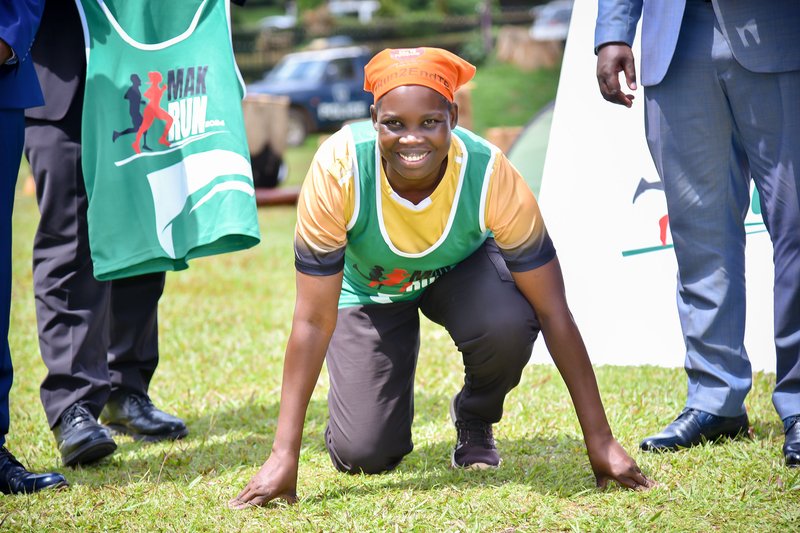
Dorcus Inzikuru showcasing what the set off for the #MakRun2024 should look like
On the morning of the run, the campus is usually decorated with the colour of the shirts produced for that day. In 2017, participants donned red tees, but this year, it will be the colour green.
Having secured a tee in the days preceding the run-day, students gather in anticipation as the morning breaks with screams of excitement, vuvuzelas, whistles, and a sporty flair on campus. To be on time for the set-off, one should wake before 6am and make it to the Freedom Square where the briefing happens before the participants of the day start off. The atmosphere is charged with determination as the briefing happens. What usually does not come up for discussion is how ready the runners are. Some are just happy to be supporting the Endowment cause, others are there to bond with friends and strangers, while others are present for the photos.
“On your marks, get set, go!”, and the gasping for air begins, while for others, limbs start to ache within minutes.
When to start preparing
If one would like to be prepared for this and enjoy both the camaraderie and physical work of running or walking, then preparation must begin long before the starting gun is fired, as Peninah Kabenge, the Head of Sports and Recreation at Makerere University advises, stating that it wouldn’t be good for one to learn and start preparing for the run within only a month which she says is a short period. “The best way to prepare for the run is to start early and practice routine training,” says Kabenge, who started training right from the time she heard about the Mak Run early in the year.
Reflecting on the words of Rebecca Solnit, "Exploring the world is one of the best ways of exploring the mind", both the prepping activity and the Mak Run being a community run will not only bring about unity and vitality of the students on the streets outside campus but it will also help participants build sharper minds that can then work better.
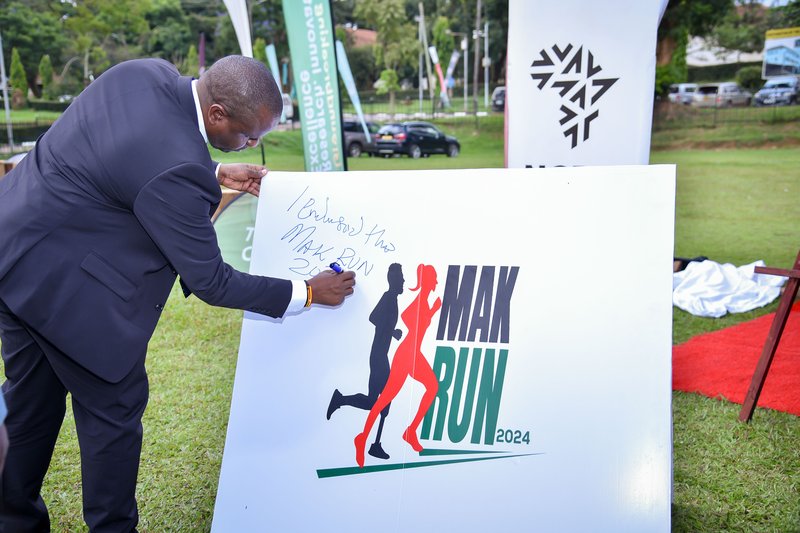
Hon. Balaam Barugahara launching the #MakRun2024
Paul Kamasu, an alum who is passionate and fond of running confesses that running almost miraculously reignites his mind in ways he can’t imagine. He says that even when he feels a light headache or fever, he pushes beyond the ache to run instead of taking medicine. “… and it always works. Within no time, the headache is gone and my mind seems to function even faster,” he says, adding that it’s tough, but running mustn’t be just about racing, it should be a personal challenge to push one’s limits.
How to prepare
Andrew Mwanguhya, a sports journalist with Nation Media Group, just completed the Comrades Marathon of nearly 87 kilometres of grueling hills in KwaZulu-Natal, South Africa. He is a passionate runner and member of the running community, Team Matooke Running Club in Kampala. Mwanguhya who has also organised marathons underscores the importance of a training/preparation programme for runners and states what it could look like.
“It may include walking or easy runs or jogs which should pay attention to mileage. If one is working on endurance, they can practice hill repeats, say from Livingstone Hall, up and back, maybe 4 times, once a week. Speed works can involve going to a stadium and repeatedly doing hard running for a minute and resting for two minutes. This can be done two or three months to the run,” he says. He also advises strongly that one should hydrate with water, stating the lengths he makes sure to do it himself. “By 5pm, I have taken over 3 litres of water,” he says.
“Running is mental, when you’re prepared, mentally you’re ready. If it’s not elite running, run against yourself, don’t compete with anyone, it’s about starting. Start by walking and ensure to eat a balanced diet rich in carbohydrates, protein plus fruits and vegetables. If one is going for long distance running, they have to do some gym work beforehand,” advises Mwanguhya.
Training for a run ought to be a disciplined endeavour as preparation builds stamina, strength and resilience. The Makerere Sports and Games Union, according to Ms Kabenge, will be intensifying training and including more students in the activity. The Freshers’ orientation week will serve as a platform to invite the first-year students that are sportsmen and those who may be novice joggers. “We also have sports secretaries in halls of residence and at colleges. Through these structures, we shall reach out to student populations at Makerere,” she says, concluding that the Mak Run will be a springboard for future participation in sports events.
This year’s Mak Run is an invitation to reconnect, to challenge oneself, and to be part of something greater - supporting students with disabilities.
Related News
![]() Please join hands with the Makerere University Endowment Fund as it works towards attracting & retaining the best faculty, providing scholarships, and investing in cutting-edge research and technology.
Please join hands with the Makerere University Endowment Fund as it works towards attracting & retaining the best faculty, providing scholarships, and investing in cutting-edge research and technology.
